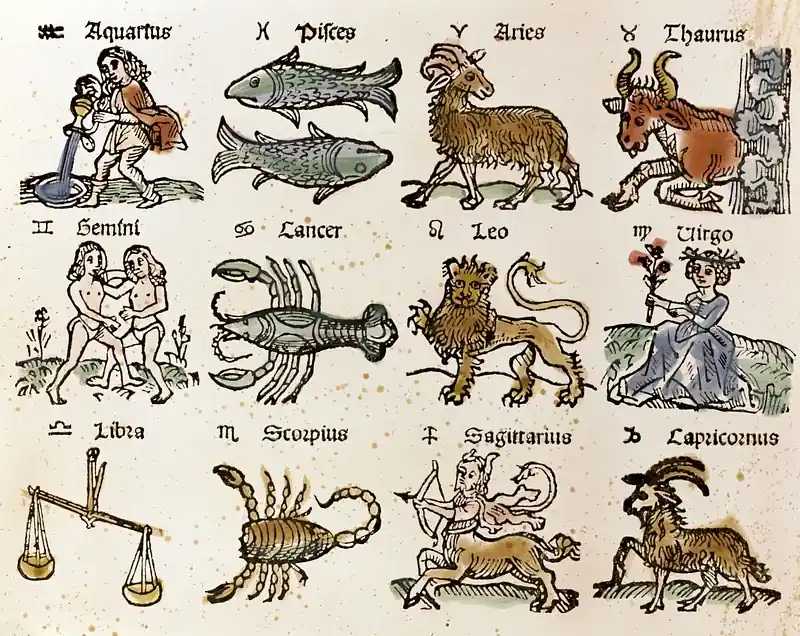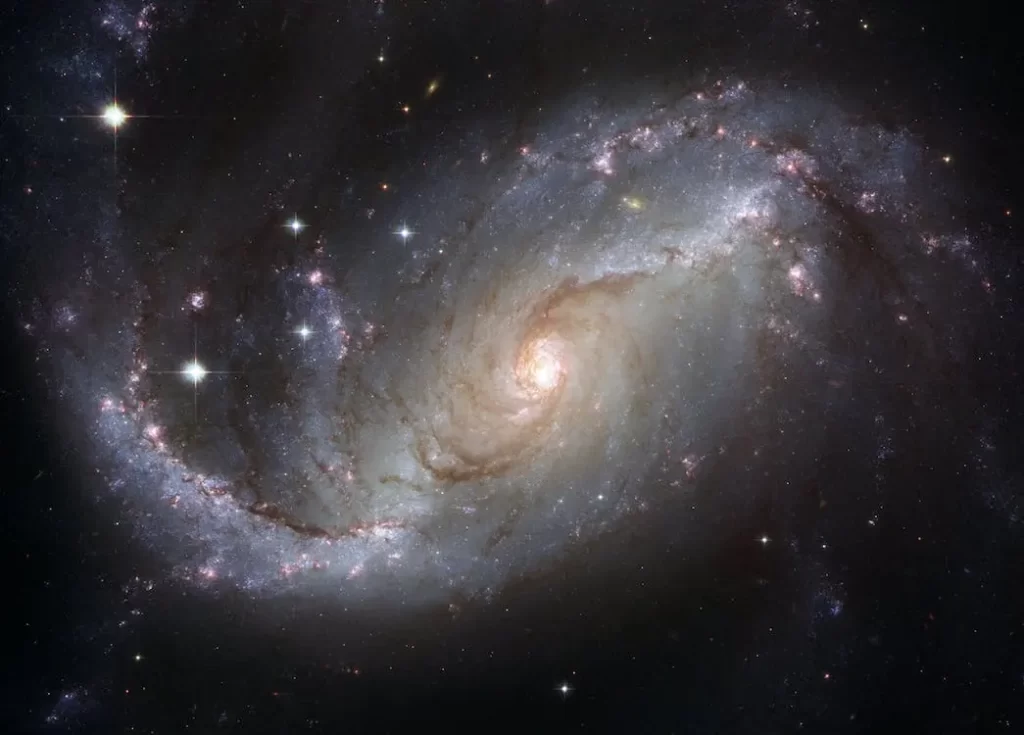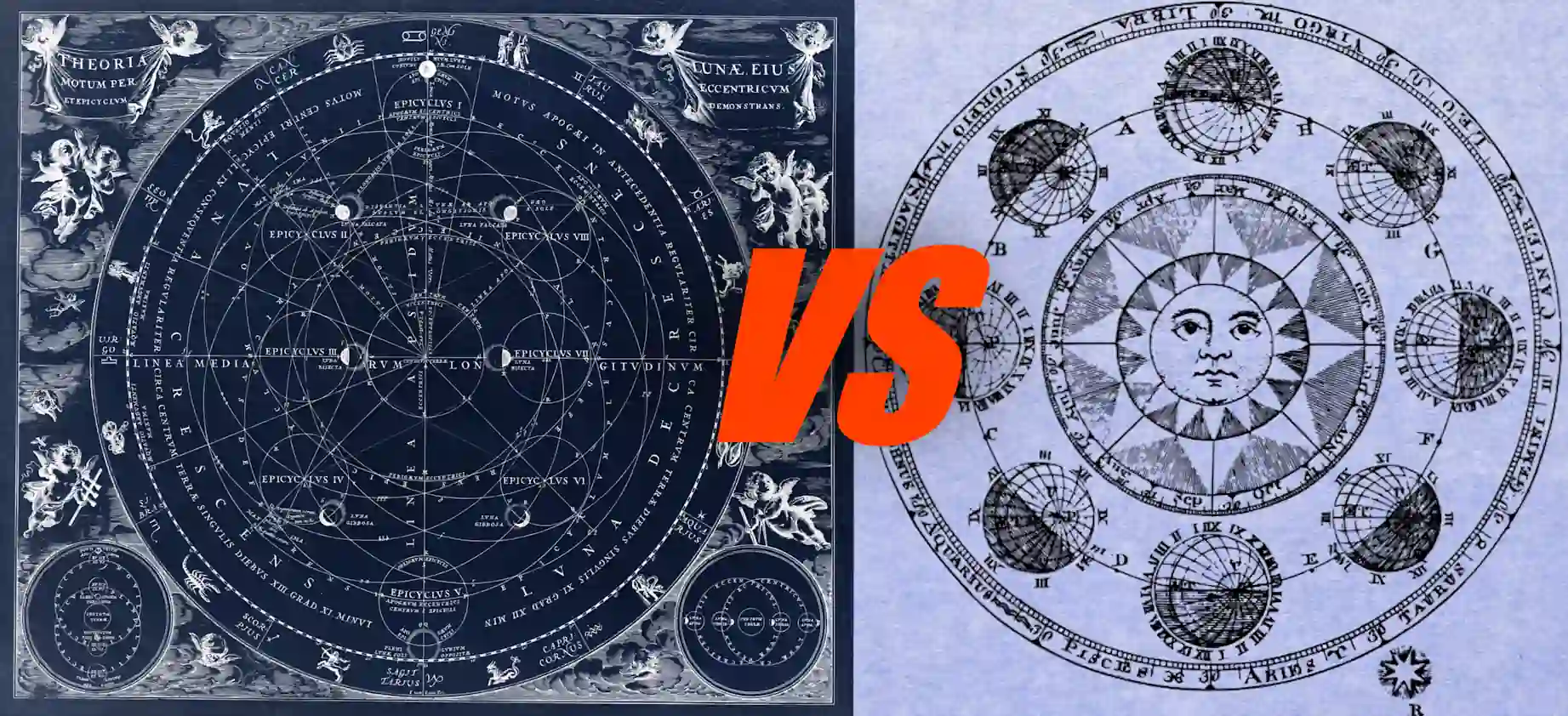Have you ever wondered about the stars, planets, and other celestial bodies that fill the night sky? If so, you are not alone. Humans have been fascinated by the cosmos for millennia, and have developed various ways of understanding and interpreting it. Two of the most prominent and influential fields that emerged from this curiosity are astrology vs astronomy. In this post, we will explore what these fields are, how they differ, and how they relate to each other.

What Is Astrology?
Astrology is an ancient art form that studies the movement of planets and celestial bodies, and how they affect human affairs. Astrologers believe that the position of the stars and planets at the time of a person’s birth influences their personality, destiny, relationships, and events in their life. Astrology also considers the cycles of the planets and their interactions with each other, such as conjunctions, oppositions, and retrogrades. Astrology is a subjective and interpretive field, meaning that different astrologers may have different opinions and methods of analysis.

What Is Astronomy?
Astronomy is a branch of science that studies celestial objects, space, and the physical universe. Astronomers use observations, experiments, mathematics, and physics to understand the nature and origin of stars, planets, galaxies, black holes, and other phenomena. Astronomy also involves the use of sophisticated instruments, such as telescopes, satellites, and probes, to collect data and create detailed maps of the sky. Astronomy is an objective and empirical field, meaning that it relies on evidence, logic, and testing to draw conclusions.
Astrology vs Astronomy Key Differences
Astrology and astronomy may seem similar at first glance, but they have fundamental distinctions that set them apart. Here are some of the key differences between them:
- Approach: Astronomy is an objective field that seeks to explain the physical reality of the cosmos using scientific principles. Astrology is a subjective field that seeks to understand the symbolic meaning of the cosmos using intuitive insights.
- Methodology: Astronomy follows the scientific method, which involves making hypotheses, conducting experiments, collecting data, analyzing results, and drawing conclusions. Astrology follows an interpretive method, which involves making associations, reading charts, applying rules, synthesizing information, and giving advice.
- Status: Astronomy is widely recognized as a true science that contributes to human knowledge and advancement. Astrology is often regarded as a pseudoscience or an art form that has little or no validity or credibility.
Historical Context
Astrology and astronomy have a long and intertwined history that dates back to ancient times. The earliest records of astrology come from Babylonian and Egyptian civilizations around 3000 BCE. These cultures observed the movements of the stars and planets and developed complex systems of divination and prediction based on them. They also created calendars, almanacs, and zodiac signs that are still used today.
Astronomy evolved from astrology over time as humans began to question the assumptions and beliefs of astrology. The ancient Greeks were among the first to apply logic and mathematics to study the heavens. They also proposed models of the solar system that challenged the geocentric view of astrology. The development of astronomy continued through the Middle Ages and the Renaissance, with contributions from Islamic, Indian, Chinese, and European scholars. The invention of the telescope in the seventeenth century marked a turning point in astronomy, as it allowed for more accurate observations and discoveries.
Astrology also influenced other fields of human endeavor, such as medicine, psychology, philosophy, religion, art, and literature. Many famous figures throughout history were interested in astrology or consulted astrologers for guidance. Some examples are Hippocrates, Galileo Galilei (who was also an astronomer), Isaac Newton (who was also a physicist), William Shakespeare (who was also a playwright), Benjamin Franklin (who was also a politician), Carl Jung (who was also a psychologist), Albert Einstein (who was also a physicist), John F. Kennedy (who was also a president), Ronald Reagan (who was also a president), Princess Diana (who was also a royal), Madonna (who was also a singer), Barack Obama (who was also a president), Beyoncé (who was also a singer), etc.
Which Came First?
It is clear that astrology predates astronomy by several thousand years. Astrology can be considered as the seed from which astronomy grew. However, this does not mean that astrology is superior or more valid than astronomy. Rather, it means that astrology reflects the ancient worldview and understanding of the cosmos, while astronomy reflects the modern worldview and understanding of the cosmos. Astrology and astronomy diverged significantly during the eighteenth century, when the Age of Enlightenment and the Scientific Revolution challenged the authority and legitimacy of astrology. Since then, astrology and astronomy have become separate and distinct fields that have little or no interaction with each other.
Debunking Myths
Despite their differences, astrology and astronomy are often confused or misunderstood by the general public. Here are some common myths and misconceptions about them, and the truth behind them:
- Myth: Astronomy is just a fancy name for astrology.
- Truth: Astronomy is a science that studies the physical reality of the cosmos using scientific principles. Astrology is an art form that studies the symbolic meaning of the cosmos using intuitive insights.
- Myth: Astrology is a science that predicts the future.
- Truth: Astrology is not a science, but a pseudoscience or an art form that does not follow the scientific method. Astrology does not predict the future, but rather gives insights into one’s personality, potential, and challenges based on their birth chart.
- Myth: Astronomy follows the scientific method, making it a true science.
- Truth: Astronomy does follow the scientific method, making it a true science that contributes to human knowledge and advancement. Astronomy does not rely on beliefs or opinions, but on evidence, logic, and testing.
Conclusion
Astrology and astronomy are two fascinating and influential fields that explore the cosmos from different perspectives. Astrology is an ancient art form that studies the movement of planets and celestial bodies, and how they affect human affairs. Astronomy is a branch of science that studies celestial objects, space, and the physical universe. They have key differences in their approach, methodology, and status. They also have a rich history that shows how they evolved from each other and influenced other disciplines. Whether you are interested in astrology or astronomy, or both, you can appreciate the beauty and mystery of the cosmos that inspires them.







